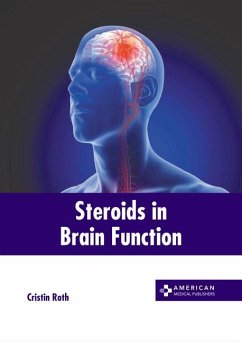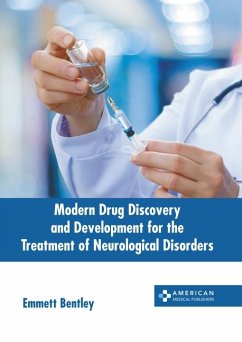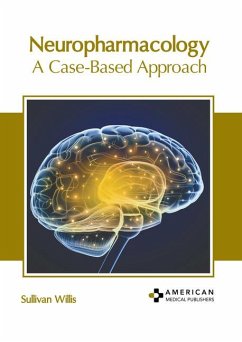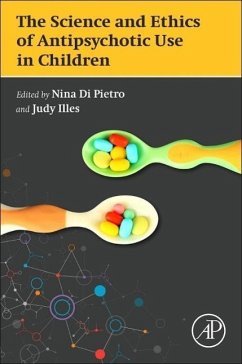
Steroids and the Nervous System
Versandkostenfrei!
Versandfertig in über 4 Wochen
131,99 €
inkl. MwSt.

PAYBACK Punkte
66 °P sammeln!
A biologically active organic compound with four rings arranged in a specific molecular configuration is termed as a steroid. Steroid hormones are essential for cell life and they affect the neuroendocrine and behavioral functions in humans. Steroids perform two main biological functions. The first function is that they form an essential part of cell membranes which alters the membrane fluidity. The second function is signal transduction or cell signaling that facilitates cellular response. During early development, steroids regulate the activity and plasticity of neurons and the glial cells. ...
A biologically active organic compound with four rings arranged in a specific molecular configuration is termed as a steroid. Steroid hormones are essential for cell life and they affect the neuroendocrine and behavioral functions in humans. Steroids perform two main biological functions. The first function is that they form an essential part of cell membranes which alters the membrane fluidity. The second function is signal transduction or cell signaling that facilitates cellular response. During early development, steroids regulate the activity and plasticity of neurons and the glial cells. They continue to exert trophic and protective effects on the adult nervous system. Steroids are synthesized by the gonads and adrenal glands, and are transmitted to the brain, spinal cord and the peripheral nerves through the bloodstream. Neurosteroids such as pregnenolone, progesterone, dehydroepiandrosterone and sulfate esters are produced within the nervous system. This book unravels the recent studies related to the importance of steroids in the nervous system. The topics covered herein are of utmost significance and bound to provide incredible insights to the readers. Through this book, we attempt to further enlighten the readers about the new concepts in this field of study.












